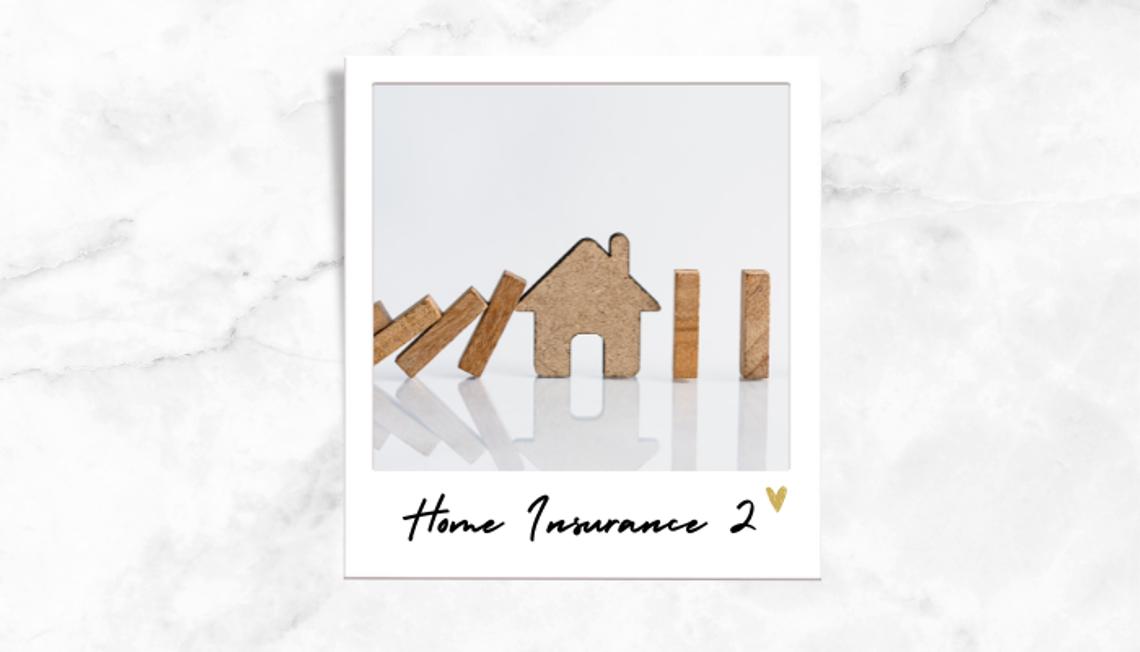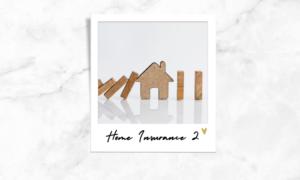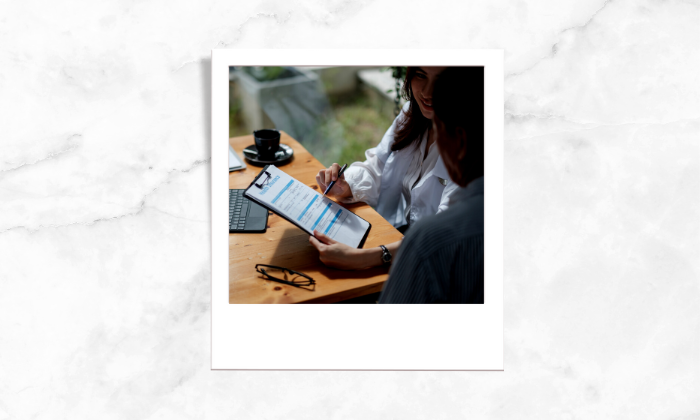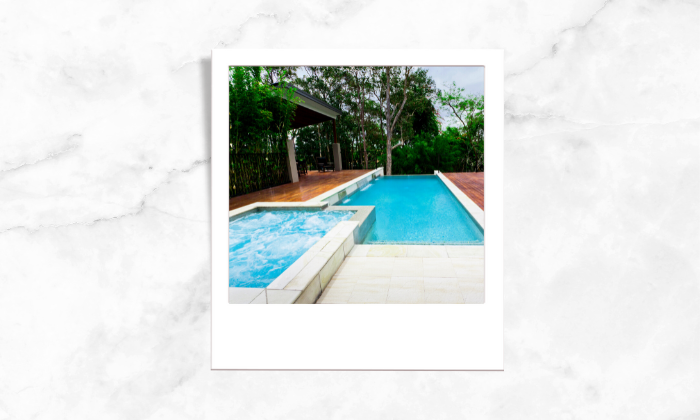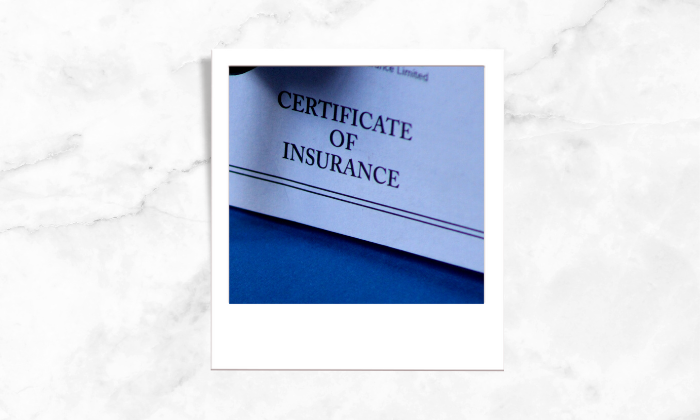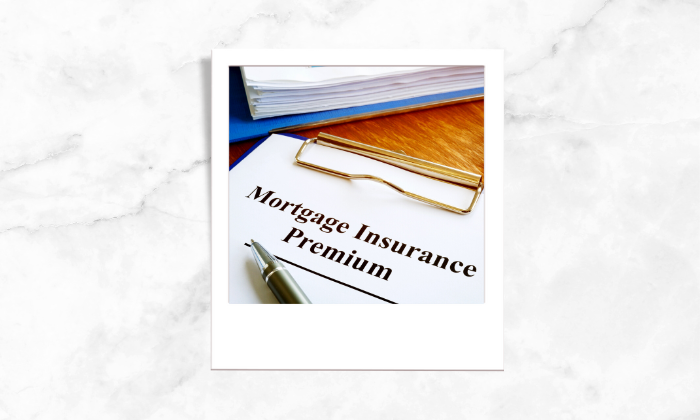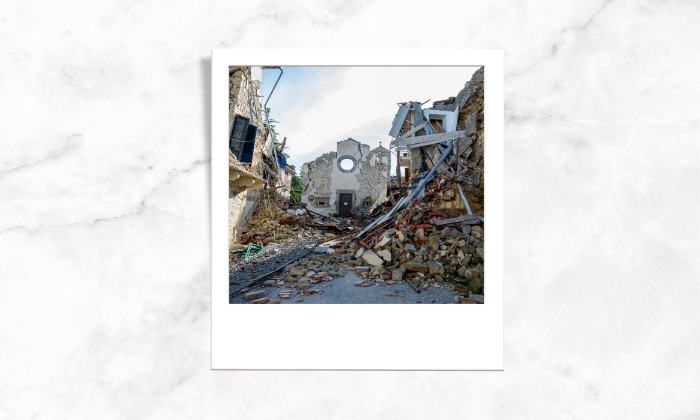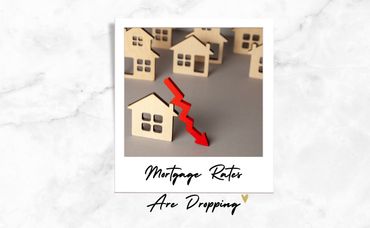Home Insurance Continued…..
Determine How Much Coverage You Need
How much insurance coverage you require depends on your specific need. First look at each standard coverage type and adjust the amount according to your specific need, then add extra coverage to fix any gaps. Let’s take a look:
- Dwelling coverage. Take the help of your insurance agent to conclude on an estimate, since the cost to replace your home and other structures could vary depending on local construction and material costs. It’s prudent to add extra coverage like extended or guaranteed replacement cost coverage, if it’s available, to help account for possible surges in local construction costs, especially if your area is prone to natural disasters.
- Contents coverage. Create a home inventory before proceeding to calculate how much coverage you need for all your material. You must try to add “replacement cost” coverage in your home insurance policy, which pays the cost of new items. Actual cash value only pays the depreciated value of your damaged items.
- Liability coverage. A general thumb rule is to buy enough liability insurance to cover your net worth, or what can be taken from you in a lawsuit.
- Additional living expenses (ALE) coverage. ALE coverage is typically set at a percentage of your dwelling coverage, such as 20%. But if you need more, you can increase your loss of use coverage. This pays the extra costs if you can’t live at home due to damage and have to live elsewhere while it’s being rebuilt.
- Other coverage types. You can fill gaps in a policy with coverage types such as flood insurance, earthquake insurance, water, sump overflow, and home systems breakdown coverage.
How to Save on Homeowners Insurance
Paying more than what is required for home insurance is a waste. So, let’s understand ways to save on homeowners insurance.
Window shopping
Request homeowner’s insurance quotes from multiple companies. Make sure to get quotes for the same coverage levels, so that you can compare the charges, any hidden costs, and details of coverage.
Keep your eyes open and maximize discounts
Home insurance companies offer many types of discounts which may include a new or renovated home, having a security system, being claims-free, paying the policy in full annually, having multiple policies with the same company, and being a senior citizen. Discuss with your agent and avail the discounts applicable.
See how much you could save by increasing your deductible
Your deductible influences your home insurance amount. The higher the deductible, the less you’ll likely pay for coverage. Ask the homeowner’s insurance company how much you would save by increasing your deductible.
Limit potential risk
Home insurance companies view swimming pools, treehouses, and trampolines as “attractive nuisances,” which can raise your homeowner’s coverage rates. Limiting those attractive nuisances can get you cheaper home insurance rates.
Other Home Insurance Considerations
- “Schedule” high-value items. To properly insure valuable items, consider “scheduling” them. When you schedule personal property you insure items separately for their full value, and the coverage in your home insurance policy can then be used for everything else, such as clothes, rugs, and kitchenware. Certain types of items, such as jewelry, have “sub-limits,” meaning your insurance company will only pay up to a certain amount for those items.
- Consider getting replacement cost instead of actual cash value (ACV) coverage. Choose replacement cost coverage if you’re looking for the best homeowners insurance. Replacement cost pays to replace an item with a brand-new version, whereas ACV reimburses you for an item’s depreciated amount.
- Buy endorsements that fill specific gaps. Endorsements are add-ons. That helps you to tailor your home insurance policy and fill in any coverage gaps. For example, some insurance companies sell increased coverage for landscaping, home systems breakdown, and water backup and sump overflow.
- Buy additional insurance for certain natural disasters. Even the best homeowners insurance plans can fall through if certain natural disasters hit, such as floods, earthquakes, and landslides. These problems aren’t covered by standard home insurance. They require special policies such as flood insurance and earthquake insurance.
Need for Homeowner’s Insurance while you apply for a Mortgage
While you apply for a mortgage, the homeowner usually has to provide proof of insurance on the property before the financial institution will loan any funds. If the homeowner does not have their property covered from loss or damages, the property insurance can be acquired separately or by the lending bank. Homeowners who prefer to get their own insurance policy can compare multiple offers and pick the plan that works best for their needs
Payments made toward a homeowners insurance policy by the lending bank are usually included in the monthly payments of the homeowner’s mortgage. The lending bank that receives the payment allocates the portion for insurance coverage to an escrow account. Once the insurance bill comes due, the amount owed is settled from this escrow account.
Certain Similar Terms
Homeowners Insurance vs. Home Warranty
Does Home Insurance & Home Warranty sound similar to you? Hey… but they are way different. A home warranty is a contract made that provides for repairs or replacements of home systems and appliances such as ovens, water heaters, washers/dryers, and pools. These contracts usually expire after a certain time period, usually 12 months. However, they are not mandatory for a homeowner to buy in order to qualify for a mortgage. A home warranty covers issues and problems that result from poor maintenance or inevitable wear-and-tear on items—situations in which homeowner’s insurance doesn’t apply.
Homeowners Insurance vs. Mortgage Insurance
A homeowner’s insurance policy and Mortgage Insurance are different.
While both deals with Homes, homeowners insurance protects the homeowner, and mortgage insurance protects the mortgage lender.
Mortgage insurance is typically required by the bank or mortgage company for homebuyers making a down payment of less than 20% of the cost of the property. Mortgage insurance covers the lender for taking on the extra risk of a home buyer who doesn’t meet the usual mortgage requirements. If the buyer should default on payments, the mortgage insurance would compensate.
It’s an extra fee that can be figured into the regular mortgage payments, or be a lump sum charged when the mortgage is issued.
What Does Home Insurance Not Cover?
A standard home insurance policy excludes the following:
- Ordinance of law, such as a government requirement to demolish, repair or rebuild your home to meet local ordinances
- Earth movement, including earthquakes, landslides, and sinkholes
- Water damage, including floods and water backup from sewers and drains
- Power failure
- Neglect, such as a failure to maintain heat
- War
- Nuclear hazard
- Intentional loss
- Government action, such as a seizure of property
- Wear and tear
- Smog, dry rot, rust, or other corrosion
- Discharge, migration, seepage, escape, or release of pollutants
- Smoke from agricultural or industrial operations
- Mechanical breakdown or a latent defect that causes property damage
- Shrinking, settling, expansion, or bulging of bulkheads, pavement, footings, foundations, patios, walls, floors, roofs, and ceilings
- Vermin, rodents, birds, or insects
- Damage caused by an animal you own
